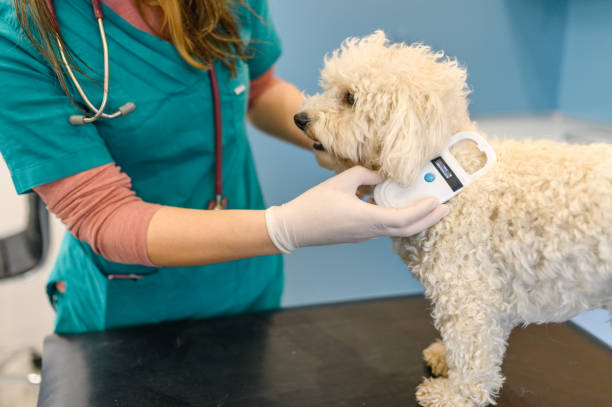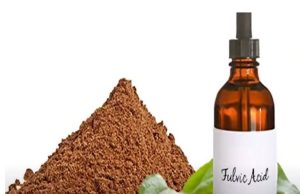It can be difficult to find the right food for your small dog with allergies, as many of the commercial brands marketed to pet owners are designed for larger dogs. Fortunately, there are a number of high-quality dog foods specifically designed for small dogs with allergies, and these products often come in at a fraction of the cost of traditional dog food brands.
The Top 5 Dog Foods for Allergies

When it comes to picking the best dog food for your small dog with allergies, there are a few things to keep in mind.
The first thing to consider is what type of allergy your small dog has. Some allergies are food-related, while others are respiratory. Once you know which type of allergy your small dog has, you can start looking for the best food for him or her.
Foods that are good for food allergies generally have ingredients that are hidden or masked. This means that the ingredients in the food will not bother your small dog’s stomach or respiratory system.
Also, make sure that the food you choose is nut-free and grain-free. These types of foods are good for dogs with allergies because they don’t contain allergens that can trigger an allergic reaction.
Finally, always consult your veterinarian before giving your small dog any new food. He or she will be able to tell you which type of food is best for your dog and whether he or she needs to take any special precautions while eating it.
How to Choose the Right Food for Your Small Dog

Choosing the best food for your small dog with allergies can be a challenge. There are many different brands and types of food on the market, and it can be hard to know which one is best for your pet.
To make things easier, here are some tips for selecting the right food for your small dog with allergies:
Start by determining your pet’s specific dietary needs. If your dog has a specific allergy or intolerance, look for foods that specifically address that issue. For example, if your dog has allergies to corn, steer clear of food made with corn in it.
Consider brand loyalty. Some dogs have better experiences with certain brands of food than others. If you’re not sure which brand to choose, start with a popular option and see if your pet likes it.
Choose a quality food. Make sure the food you buy is of high quality and contains all the nutrients and proteins your pet needs. Look for foods made from natural ingredients only if possible. Avoid foods that are high in sugar or salt, which can be harmful to pets with allergies or other health concerns.
can cats have watermelon
What Ingredients are in the Best Dog Food for Allergies?
When searching for the best dog food for allergies, you may be wondering what ingredients are in the food.
There are a few things to consider when choosing a food for your pet with allergies.
One is the ingredient list.
Some foods have a lot of ingredients that can potentially cause allergies in some dogs, so it is important to read the ingredients carefully.
Beef, chicken, soy, corn and wheat are just a few of the common allergens in dog food.
Another thing to consider when choosing a food is whether or not the food has been tested for allergies.
Many manufacturers will put allergy information on their packaging or website.
Some foods are also specifically designed for those with allergies, so it is important to look for those as well.
The Advantages of Feeding Your Dog a Grain-Free Diet
There are a few good reasons to feed your small dog a grain-free diet. First, grains can be a major allergen for some dogs, which can lead to problems like food allergies and skin reactions. Second, grains are notorious for being high in sugar and other unhealthy ingredients. A grain-free diet provides your dog with the nutrients he or she needs without all of the added sugars and other junk. Finally, many grain-free diets are specifically designed to meet the nutritional needs of small dogs, who often don’t get enough nutrients from their regular diet.
What to do if Your Dog is Having an Allergic Reaction to His Food
If your dog is having an allergic reaction to his food, there are a few things you can do. First, try to determine the cause of the allergy. If you know that your dog is allergic to a certain ingredient in his food, then you can try to find a food that does not contain that ingredient. However, if you don’t know what is causing the allergy, then you will have to experiment a little bit to see if changing the food will help.
Some dogs will improve with time if they are gradually introduced to a new food. Others may need closer observation and may require medication or other procedures such as patch testing. If your dog seems to be getting worse rather than better, it is important to consult with your veterinarian.
conclusion
In conclusion, while there are many different types of dog food available, it is important to choose the right one for your small dog with allergies. Some of the best options include canned or dehydrated food, chicken or lamb based foods, and wet or dry food.
Apart from this if you are interested to know about Best dog food for small dogs then visit our PETS category.














